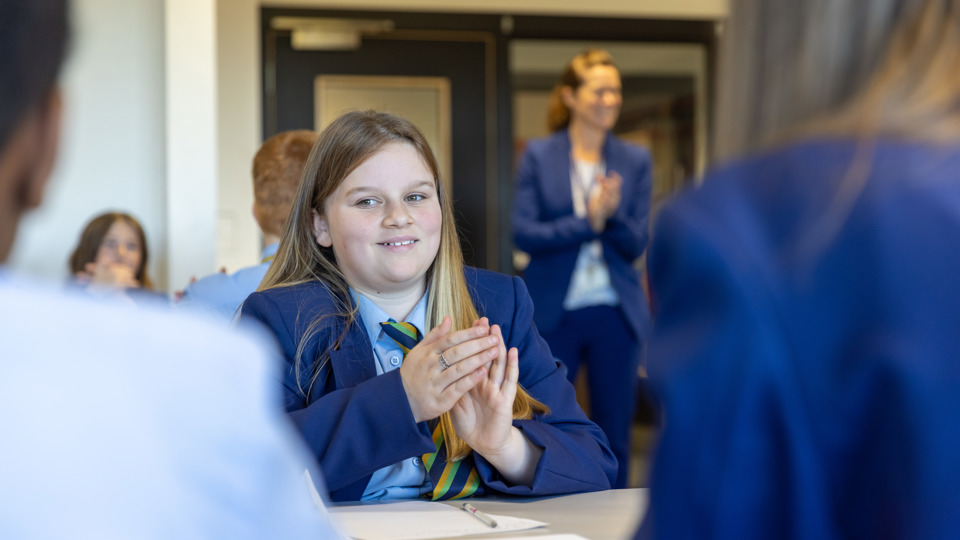How BAE Systems moved online to inspire students about the world of work
28 Jan 2022

In this article we hear from Peter Caney at BAE systems about how they moved their engagement with young people online, and how other employers can do the same.
Peter Caney is the Head of Early Careers & Skills – Service Innovation and Future Capability at BAE Systems. As a large employer, they work with schools and colleges across the country to inspire students about their industry.
When the pandemic struck, they adapted and innovated existing education programmes through increased use of virtual engagement. Peter said: “We successfully managed to provide education opportunities for thousands of young people, despite challenges faced by the Covid-19 pandemic lockdown. Key educational outreach activities were converted into virtual events to ensure young people continued to have access to work experience and meaningful employer encounters.”
Peter knew they had to scale up their offering to reach as many young people as possible. He said, “In total approximately 86,000 young people have benefitted from our careers engagement and outreach activity. This included developing and expanding our school work experience programme by providing 21 cohorts of 1 week accredited Virtual Work Experience for more than 600, 14-18 year olds. We redesigned our flagship schools’ roadshow in partnership with the RAF and Royal Navy into a virtual roadshow, Coding Success, aiming to reach 600 schools, 36,000 young people across the country and deliver 600 hours of teacher professional development.”
Read our Trends in Careers Education report
Find out more about how schools and colleges prepared their students for the world of work last year.
Download the report86,000 young people have benefitted from our careers engagement and outreach activity.Peter Caney, Head of Early Careers & Skills, BAE Systems
BAE Systems rolled out multiple different types of virtual experiences of the workplace, and different ways for young people to interact online with the business. Peter said: “Across our organisation STEM Ambassadors have also been engaging in virtual careers events, interviews and mentoring activities, supporting nearly 700 events this year with more than 5750 hours volunteered.” They also offered 600 hours of teacher professional development in addition to their direct work with young people.
For Peter, diversity and inclusion is a key part of their online engagement with schools and colleges: “Increasing diversity and inclusion has been an underpinning driver across all activities with key engagement targets set and achieved for gender, ethnic minorities and disadvantaged young people participating in our events.” Examples included supporting events on International Women in Engineering Day and running a Young Persons’ World of Work event in place of its traditional Sons and Daughters to Work day.
Reflecting on how they will incorporate virtual engagement into their programmes in the future, Peter said: “Whilst we look forward to welcoming young people back onto our sites and into our learning and work environments we also see the benefits of delivering future services through a hybrid model.
“These broader insights, coupled with our own experiences, will continue to shape our future education services offering. Our future hybrid approach will embrace the benefits of reaching a broader and more diverse demographic of young people through virtual events coupled with the connections created through physical encounters with our people, products and services.”
This article first appeared in our recent Trends in Careers Education report. Read more about how schools and colleges prepared their students for the world of work last year in Trends in Careers Education.



